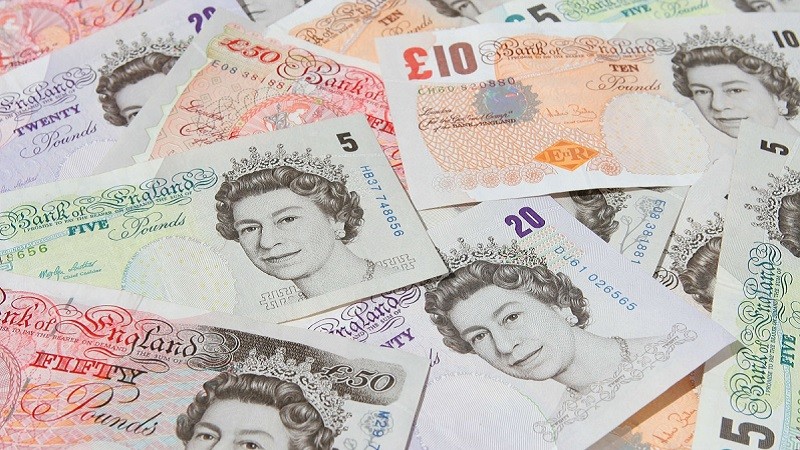
The UK public will undoubtedly be very used to seeing the face of Queen Elizabeth II on its currency.
But now, with the reign of King Charles III underway, we can expect some changes to the way our money looks — and to see his face more and more.

Keen-eyed members of the public will already have spotted nods to the new monarch in day-to-day life.
For one thing, the national anthem has changed (to God save the King). Plus, there’s already been talk about what new stamps and post boxes might look like.
But what about our money? Will we no longer see Elizabeth on our coins and notes?
King Charles, Queen Elizabeth, and British currency
The Royal Mint has already given the British public a first glance at what their new currency will look like featuring King Charles, unveiling an official coin effigy that was designed by British sculptor, Martin Jennings.
The Bank of England is set to reveal how the updated banknotes will look by the end of 2022.
The process of fully replacing the money currently in circulation is likely to take years, though.
And with around 4.5 billion sterling bank notes (worth £80 billion) and 29 billion coins featuring the Queen’s face currently in circulation, it’s no surprise.
Unlike coins, bank notes did not feature monarchs when Queen Elizabeth first acceded to the throne in 1952.
This changed in 1960 when she featured on the £1 note. Since then, she has featured on all of the currency in circulation in the UK.
The new coins and notes featuring King Charles will have subtle differences. He will be facing the right, rather than the left, since it is tradition for this to switch each time the monarch changes. Before Elizabeth, George VI had faced left on coins in which he featured.
King Charles will also be without a crown on British currency, since traditionally the effigy of kings never saw them wearing one.
However, currency featuring Queen Elizabeth always showed her wearing variations of royal headwear.
Throughout her reign, five different portraits of Elizabeth appeared on British coinage.
The first, in 1953, saw her wearing a laurel wreath. In others, she wore a tiara and the royal diadem, while later portraits — the last of which was in 2015 — featured Elizabeth wearing a crown.
Which money will change under King Charles?
Though we’ll soon get a glimpse of what our new banknotes will look like, they aren’t expected to enter circulation until mid-2024.
All four denominations — £5, £10, £20 and £50 — are set to be updated with the new designs.
Meanwhile, the Royal Mint said that ‘coins bearing the effigy of the King will enter circulation in line with demand from banks and post offices’.
Will I still be able to use old currency?
The statement from The Royal Mint says that ‘the coinage of King Charles III and Queen Elizabeth II will co-circulate in the UK for many years to come’.
In the Bank of England’s statement, it too confirmed that ‘Current banknotes featuring the image of Her Majesty The Queen will continue to be legal tender’.
We can therefore expect to be able to keep using our coins and notes featuring the Queen for some time yet.
In doing so, we will once again be conforming to British tradition; back when the changing of the monarchy took place more regularly, it was common to have coins featuring different monarchs’ faces in the rotation.
Keeping current currency in rotation is also an environmentally conscious move.
Rather than minting new money, both notes and coins will only be issued to meet demand going forward.
A statement from the Bank of England said that ‘In line with guidance from the Royal Household to minimise the environmental and financial impact of the change of monarch, existing stocks of notes featuring HM Queen Elizabeth II will continue to be issued into circulation.
New notes will only be printed to replace worn banknotes and to meet any overall increase in demand for banknotes’.
It’s always helpful to remain in the loop about big changes in the financial world.
Unbiased can help you find the perfect financial adviser, who can make sure you remain supported and informed.



